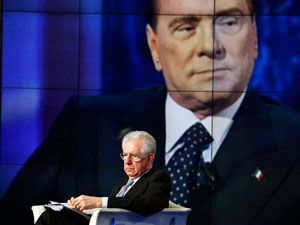
Italy Votes: Austerity, Social Justice—or Don Giovanni? Italy Votes: Austerity, Social Justice—or Don Giovanni?
The sad truth is that disarming and defeating Silvio Berlusconi remains the country’s first priority.
Jan 31, 2013 / Frederika Randall
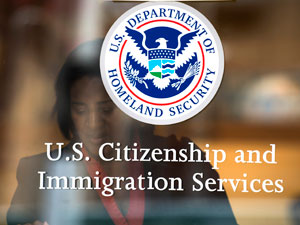
The Pathway to Immigration Reform Remains Uncertain The Pathway to Immigration Reform Remains Uncertain
Does the national debate over immigration reform augur a more just sytem? Ask immigrants themselves.
Jan 30, 2013 / Aura Bogado
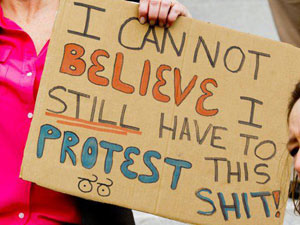
Why Are Feminists So Angry? Why Are Feminists So Angry?
Jessica Valenti speaks to Planned Parenthood Gulf Coast in Texas about anger, activism, and reproductive rights.
Jan 30, 2013 / Jessica Valenti
![From a Dream to Racial Justice: Seattle’s Racial Justice Initiative [VIDEO]](https://www.thenation.com/wp-content/uploads/2015/04/harris_flanders_fb.jpg)
From a Dream to Racial Justice: Seattle’s Racial Justice Initiative [VIDEO] From a Dream to Racial Justice: Seattle’s Racial Justice Initiative [VIDEO]
Seattle’s one-of-a-kind city program holds all public officials accountable for racial equity.
Jan 28, 2013 / Laura Flanders
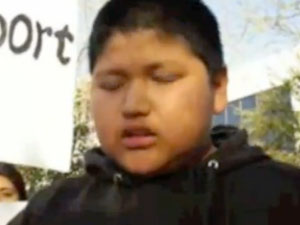
This Is What Deportation Looks Like This Is What Deportation Looks Like
Edi Arma’s 11-year-old son describes the trauma of seeing his dad picked up by ICE agents.
Jan 25, 2013 / Aura Bogado
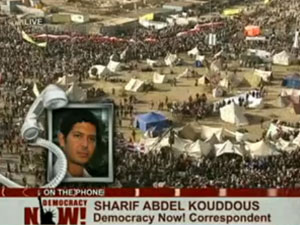
Sharif Abdel Kouddous: Two Years On, Nothing Much Has Changed in Egypt Sharif Abdel Kouddous: Two Years On, Nothing Much Has Changed in Egypt
Protesters again are demanding bread, freedom and social justice under new president Mohamed Morsi.
Jan 25, 2013 / Press Room
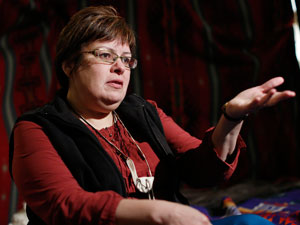
Chief Spence Hospitalized, Ending Hunger Strike Chief Spence Hospitalized, Ending Hunger Strike
Attawapiskat Chief Theresa Spence is ending her hunger strike—but the fight for indigenous sovereignty continues.
Jan 24, 2013 / Aura Bogado
Obama’s Shout-Out to Freedom Obama’s Shout-Out to Freedom
In his second inaugural address, the president stood for collective action, solidarity, social justice. Now let’s make him act on it.
Jan 23, 2013 / The Editors
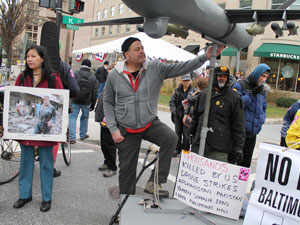
MSNBC Incorrectly Reports No Permits Were Requested to Protest Obama’s Inauguration MSNBC Incorrectly Reports No Permits Were Requested to Protest Obama’s Inauguration
MSNBC host Rachel Maddow incorrectly stated that no protest permits were requested for President Obama’s second inauguration.
Jan 22, 2013 / Allison Kilkenny
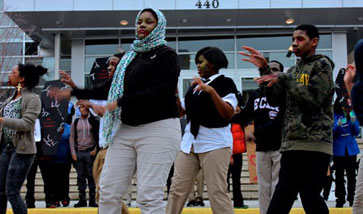
Dispatches From the US Student Movement Dispatches From the US Student Movement
A space for students to share news about the wide range of social and political struggles in which they're involved.
Jan 18, 2013 / StudentNation / StudentNation
